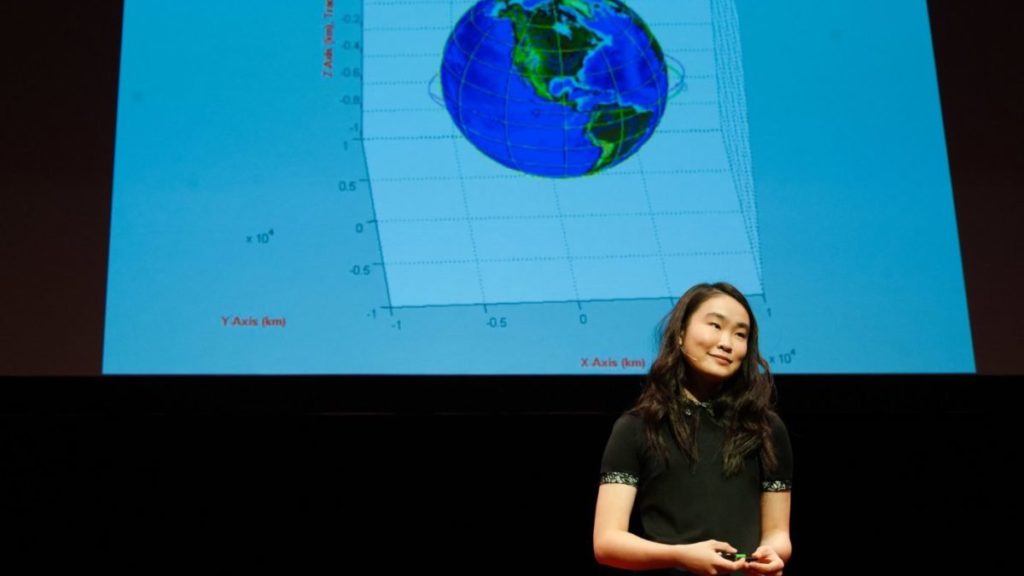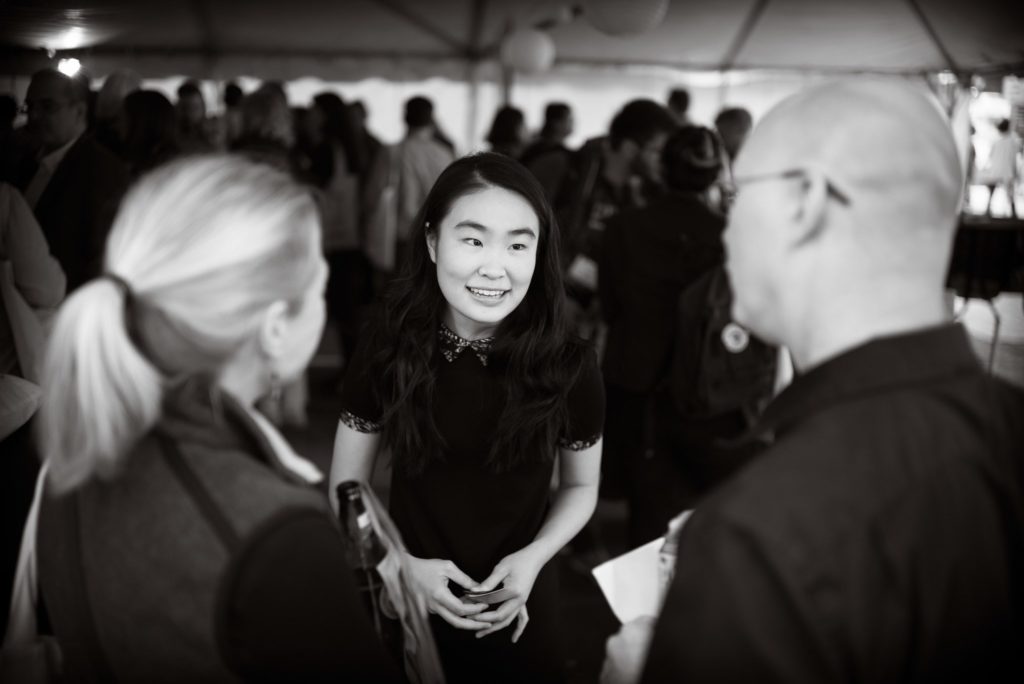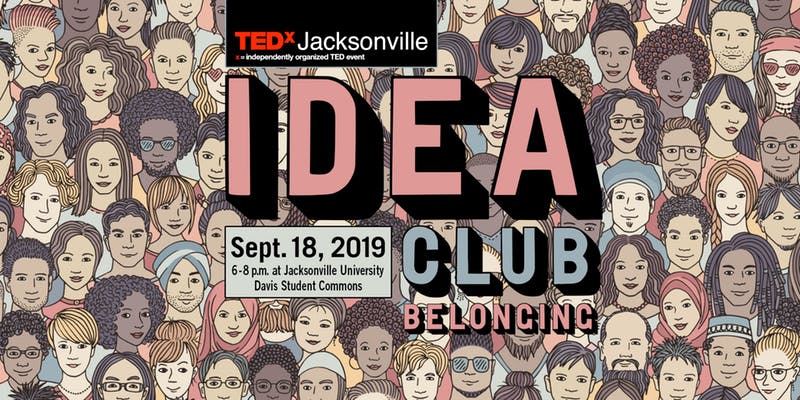
Yang’s passion for space debris and STEM continues at Stanford — but now she has a startup that could lead her to Silicon Valley.
Three years ago, Amber Yang stood on a red circle in front of a theater full of strangers and warned them about the space debris apocalypse. Space debris, which can include everything from parts of spacecrafts to remainders of asteroids, had become the then-17-year-old’s obsession. Perhaps even more worrying than junk in the atmosphere was Yang’s experiences as an up-and-coming woman in STEM.“It’s not that girls just naturally do not like math and science,” Yang said during her talk. “It’s not that girls just naturally prefer other careers. It’s that society unconsciously tells us that we’re not good enough or smart enough to do it, and the only thing we can do is sit and watch the boys.” Now a 20-year-old sophomore Stanford physics major at Stanford University, Yang is still passionate about space debris and representation in STEM. Following her talk in 2016, Yang founded a startup based on her space debris research called Seer Tracking. It was recently funded by a venture capitalist. Yang said the Stanford environment is infectious.“If I hadn’t gone to Stanford, I don’t think I would be pursuing this startup,” Yang said. Yang still sees the gaps in Silicon Valley even though she is not the only girl in the laboratory as she was in middle school and high school.“I don’t think I’ve had a single female physics professor. There definitely are female professors, but I haven’t had one yet,” Yang said. Outside of running her startup, Yang said she’s been working on her writing through publications on-campus. She’s considering a minor in art history. Balancing her love for humanities and sciences was a challenge during her freshman year, but ultimately both passions have helped her run her startup. “Having a humanities side is central to being an entrepreneur,” Yang said. “It goes beyond the technical stuff. You have to tell stories and put it in perspective of bigger things.” When it came to sharing her story on the TEDxJacksonville stage, Yang said it was more than just a long-held dream realized. Yang acknowledges that her talk isn’t the most optimistic, but attendees still talked with her for three hours about her idea after the conference and that enthusiasm has followed Yang to California. “The world can actually be very supportive,” Yang said.
Yang has found a support system at Stanford including physics professor Patricia Burchat, who also has a TED talk under her belt, and Mar Hershenson, a Silicon Valley venture capitalist. These women have evolved Yang’s plans after college. In high school, Yang planned to pursue a life in academia. “If the startup goes well, I may be interested in a career in Silicon Valley,” Yang said. With a startup and numerous international awards on her belt, Yang’s goals include solidifying her post-collegiate plans, strengthening friendships and reading at least two books a month.“One of my goals is to know a lot about everything,” Yang said.
Amber’s favorite TED talk: How to build a company where the best ideas win
Amber’s reading list: Little Fires Everywhere by Celeste Ng and All the Light We Cannot See by Anthony Doerr
~ by Hannah Beatty
When it came to sharing her story on the TEDxJacksonville stage, Yang said it was more than just a long-held dream realized. Yang acknowledges that her talk isn’t the most optimistic, but attendees still talked with her for three hours about her idea after the conference and that enthusiasm has followed Yang to California. “The world can actually be very supportive,” Yang said.
Yang has found a support system at Stanford including physics professor Patricia Burchat, who also has a TED talk under her belt, and Mar Hershenson, a Silicon Valley venture capitalist. These women have evolved Yang’s plans after college. In high school, Yang planned to pursue a life in academia. “If the startup goes well, I may be interested in a career in Silicon Valley,” Yang said. With a startup and numerous international awards on her belt, Yang’s goals include solidifying her post-collegiate plans, strengthening friendships and reading at least two books a month.“One of my goals is to know a lot about everything,” Yang said.
Amber’s favorite TED talk: How to build a company where the best ideas win
Amber’s reading list: Little Fires Everywhere by Celeste Ng and All the Light We Cannot See by Anthony Doerr
~ by Hannah Beatty





